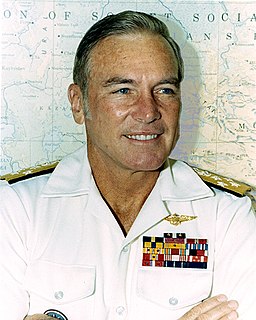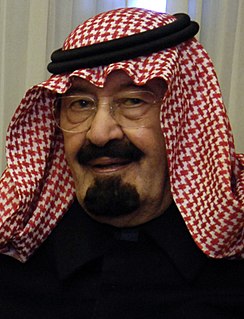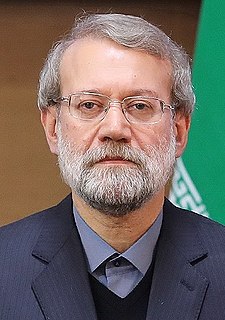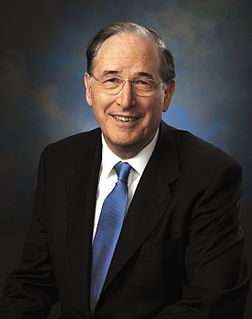A Quote by Jill Stein
We call for, actually, a weapons embargo to the Middle East, which we can lead since we are supplying the majority of weapons which, in fact, then find their way into all parties on all sides.
Related Quotes
Luckily for [Barack] Obama, the Russians came along and rescued him with this proposal [to confiscate Assad's chemical weapons] which he quickly accepted - it was a way out of the embarrassment of facing likely defeat. They still have the option of bombing if they want to. And incidentally, to add one comment about this, you'll notice that this would be a very good moment to institute a call for imposing the Chemical Weapons Convention on the Middle East.
Israel produces and stores chemical weapons. So therefore the US will prevent the Chemical Weapons Convention from being imposed on the Middle East. But it's necessary to evade this by misrepresenting the convention, and I think maybe 100 percent of the media, or close to it, go along. But that's a critical issue. Actually, Syria's chemical weapons were developed largely as a deterrent to Israeli nuclear weapons. Also, not mentioned.
This would be a very good moment to institute a call for imposing the Chemical Weapons Convention on the Middle East. The actual Chemical Weapons Convention. Not the version that [Barack] Obama presented in his address to the nation and that media commentators repeat. What he said is that the convention bars the use of chemical weapons. He knows better. And so do the commentators. The Chemical Weapons Convention calls for banning the production, storage and use of chemical weapons, not just the use. So why omit production and storage?
Unsettled Middle East, in these times where the people are trying to find their way towards democracy, could be interesting for many reasons - for weapons to be sold, for new geostrategic interests to be protected, and something that we are not talking about, which is the Israeli-Palestinian conflict. The people who are lost in the whole discussion here are the Palestinians. We have demonstrations in Palestine in West Bank. Nobody is covering this. It's as if they don't exist anymore. And this is, in fact, central. And Israel is silent.
What is the only provocation that could bring about the use of nuclear weapons? Nuclear weapons. What is the priority target for nuclear weapons? Nuclear weapons. What is the only established defense against nuclear weapons? Nuclear weapons. How do we prevent the use of nuclear weapons? By threatening to use nuclear weapons. And we can't get rid of nuclear weapons, because of nuclear weapons. The intransigence, it seems, is a function of the weapons themselves.
A convention on the comprehensive ban of nuclear weapons should be negotiated. Since biological and chemical weapons have been prohibited, there is no reason why nuclear weapons, which are more destructive, should not be comprehensively banned and thoroughly destroyed. All it takes to reach this objective is strong political will.
In history, in most cultures, and at most points in time, if you want to find the most advanced technologies, you can look principally in two places. One is weapons and the other is musical instruments. My hypothesis is that instruments are usually ahead of weapons. In fact, I think you can find many examples of instruments being predecessors of weapons and very few in the reverse.
Repeatedly and frankly we have announced that in Irans national security doctrine there is no room for atomic and chemical weapons as we consider them against Islamic laws. Irans Supreme Leader (Ayatollah Seyyed Ali Khamenei) in this connection had issued a decree that mass destruction weapons are prohibited by the Muslim religion. [. . .] Therefore we support the idea of a Middle East free from weapons of mass destruction[.]
Saddam's existing biological and chemical weapons capabilities pose a very real threat to America, now. Saddam has used chemical weapons before, both against Iraq's enemies and against his own people. He is working to develop delivery systems like missiles and unmanned aerial vehicles that could bring these deadly weapons against U.S. forces and U.S. facilities in the Middle East.
The Iranian issue I don't think has much to do with nuclear weapons frankly. Nobody is saying Iran should have nuclear weapons nor should anybody else. But the point in the Middle East, as distinct from North Korea, is that this is center of the world's energy resources. Originally the British and secondarily the French had dominated it, but after the Second World War, it's been a U.S. preserve. That's been an axiom of U.S. foreign policy, that it must control Middle East energy resources.






























